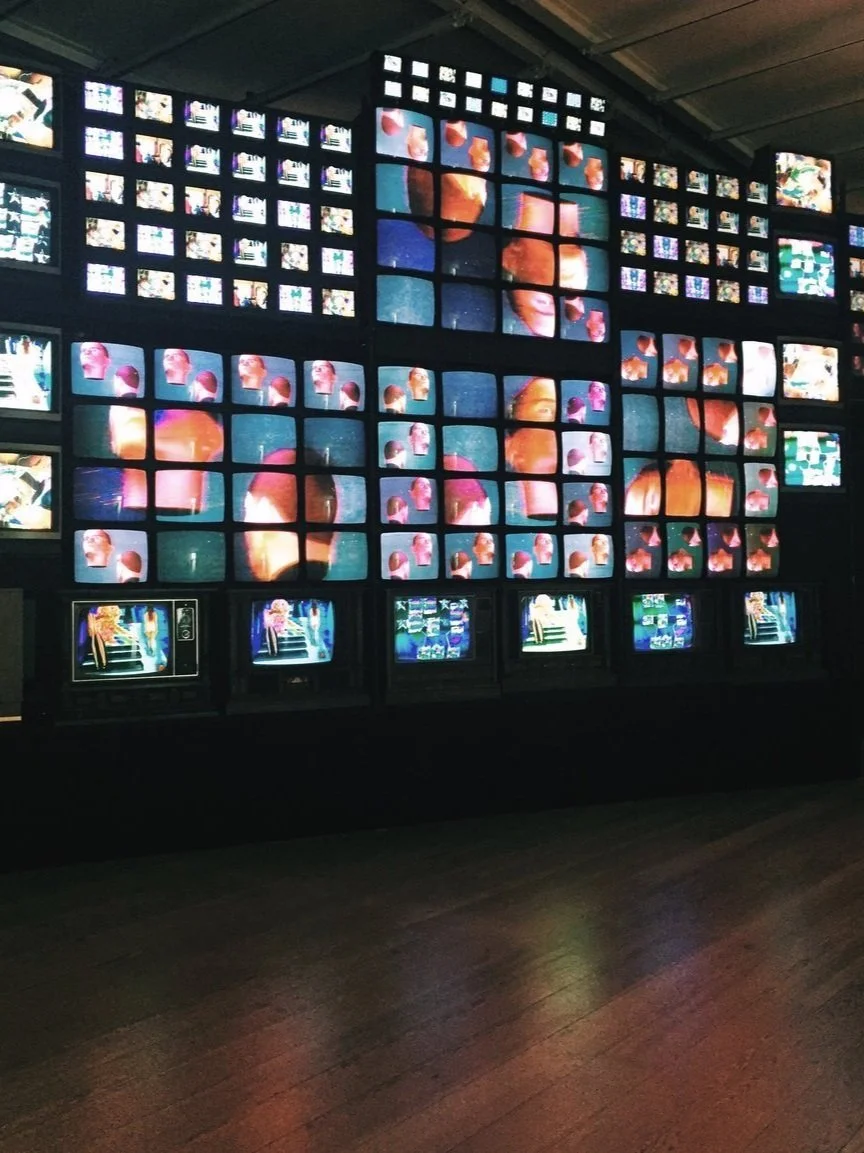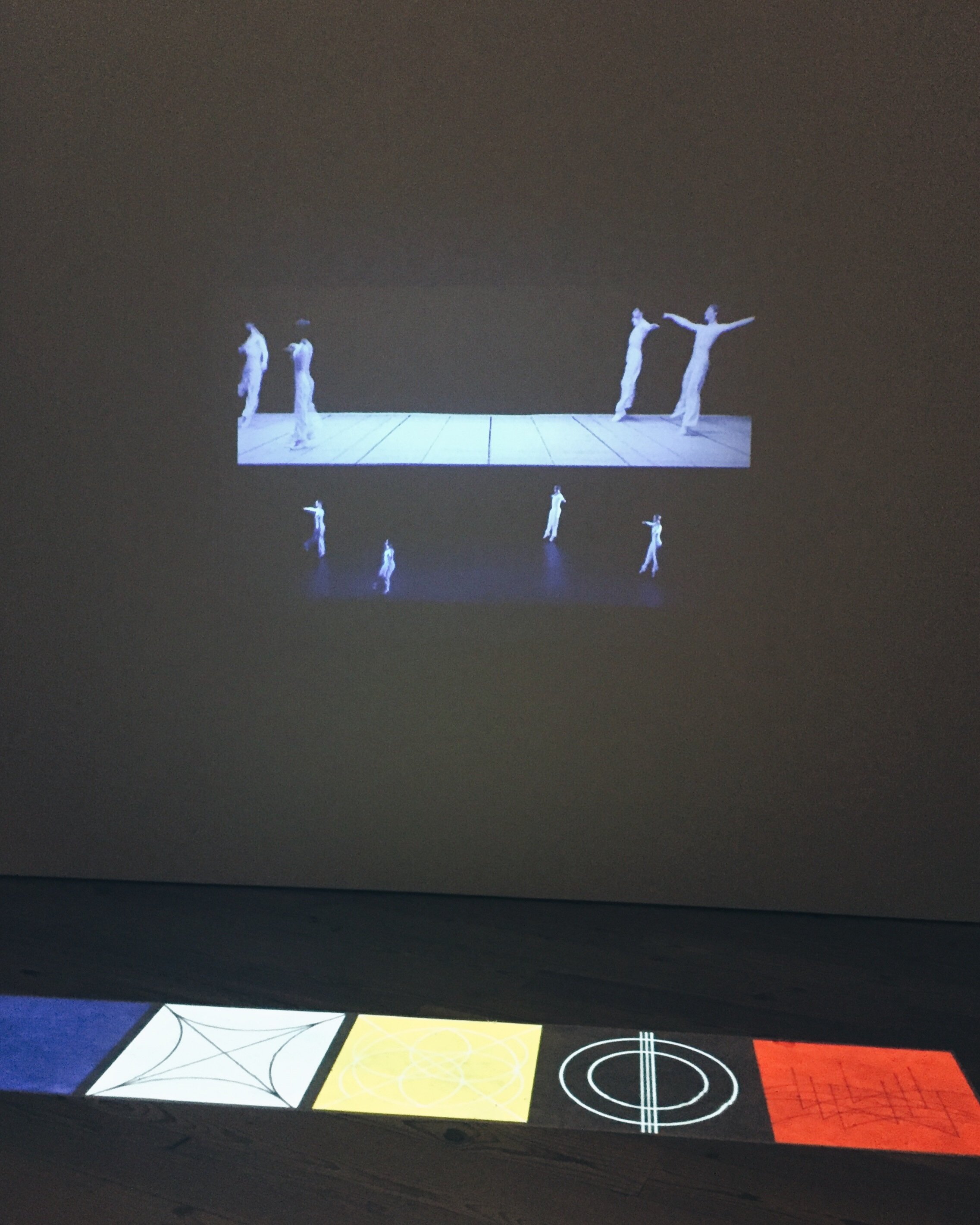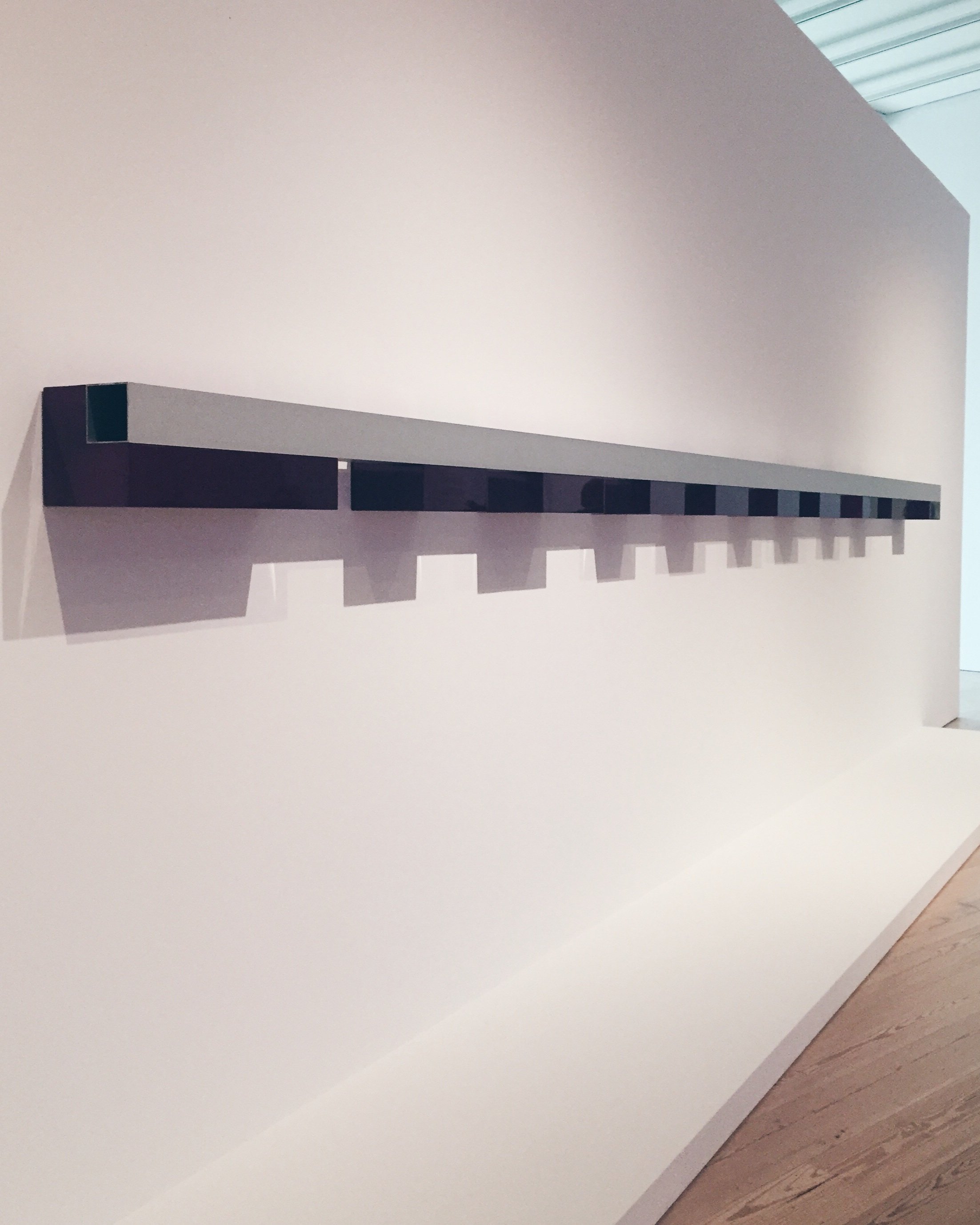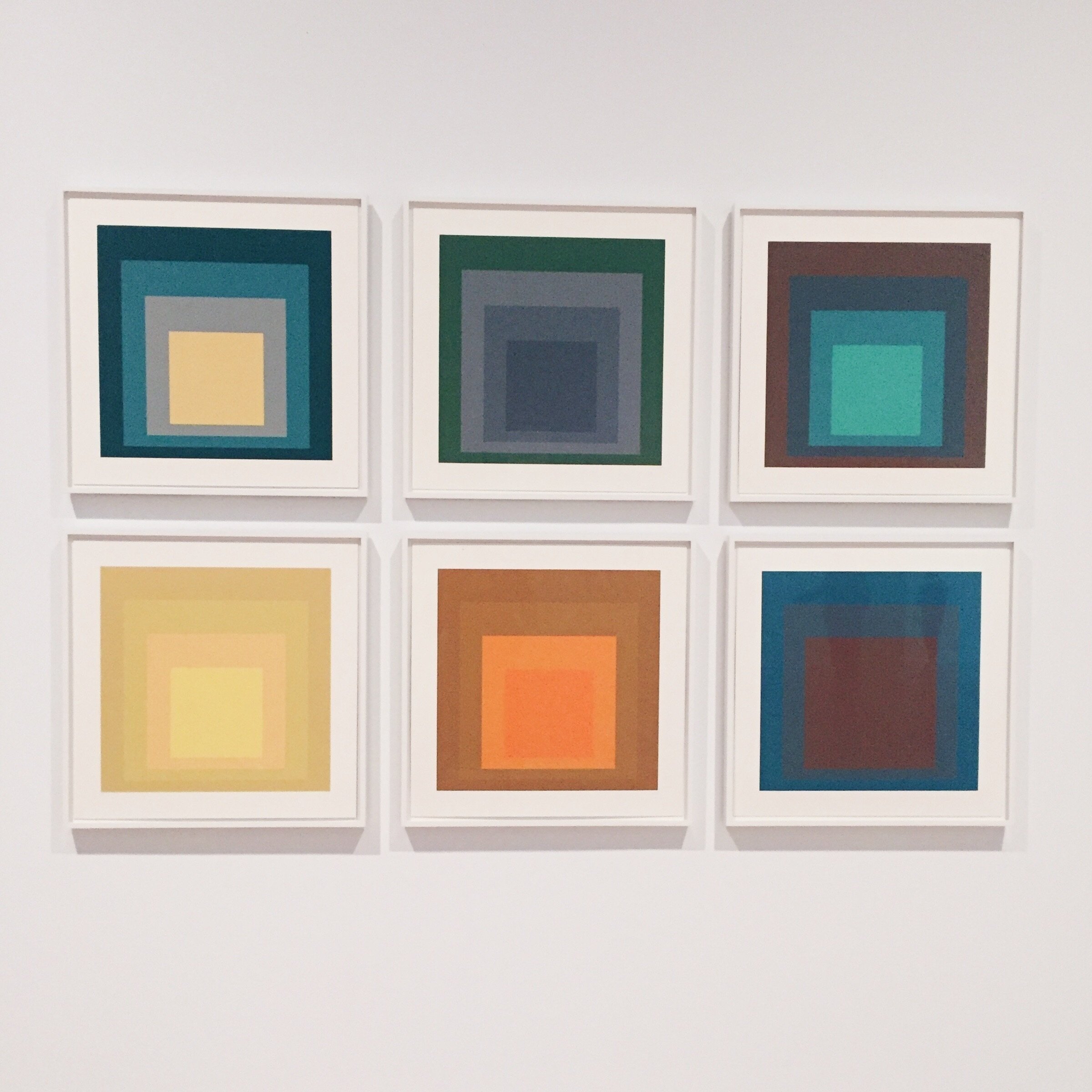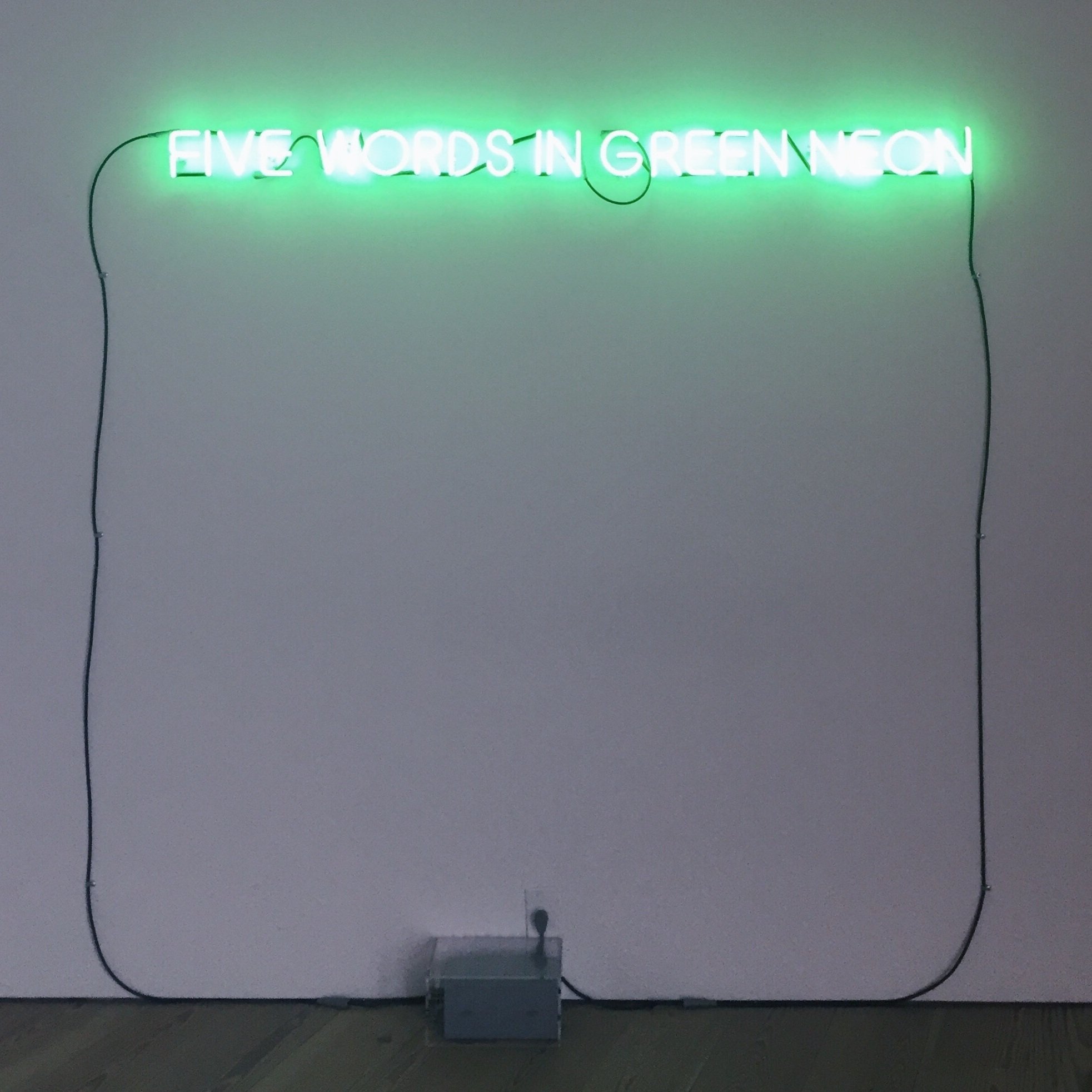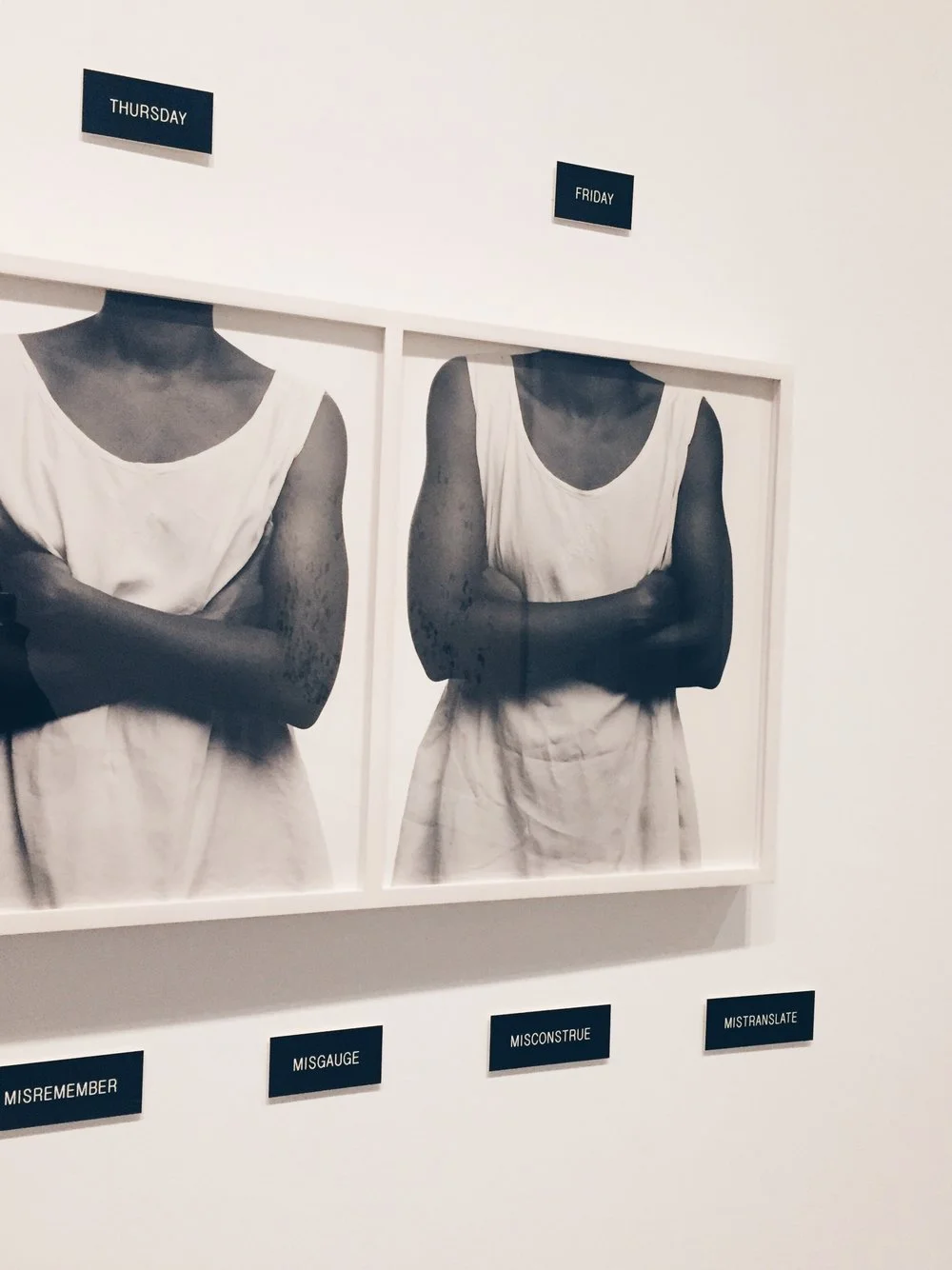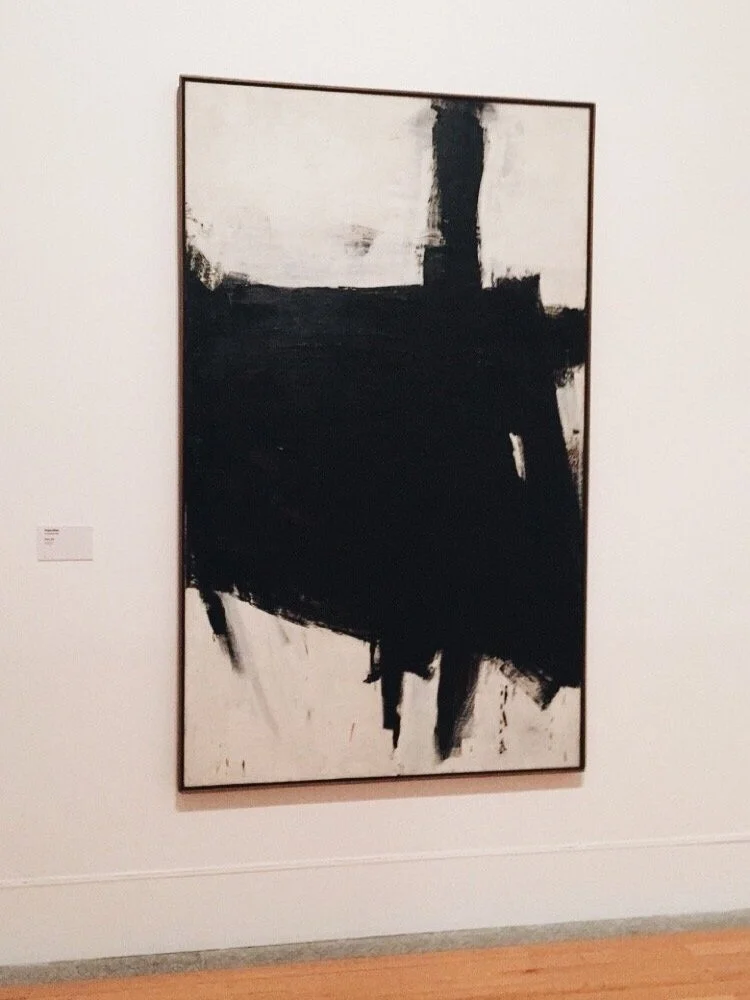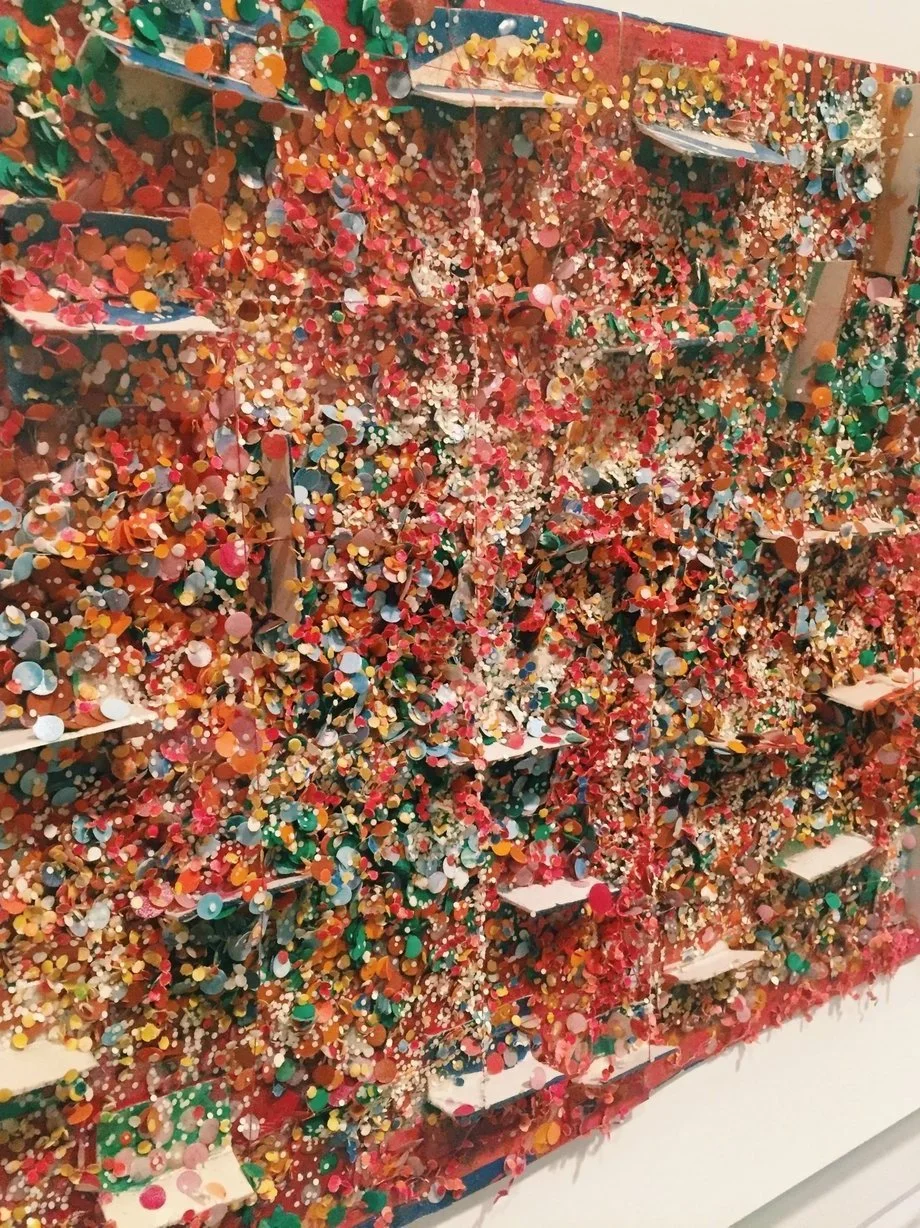Exhibition Review: Programmed at the Whitney Museum
I recently visited the Whitney Museum of American Art, in New York City, which specializes in 20th and 21st-century American art. The museum usually has multiple exhibitions running at the same time, but its size generally allows you to see everything in one visit. There were three exhibitions on view during my visit: two from the Whitney’s permanent collection, and Programmed: Rules, Codes, and Choreographies in Art, 1965–2018, which seemed to be the main attraction.
Programmed was a show focusing on technology, data collection, and instruction in art. This meant a lot of computer-generated/inspired, conceptually-exact, or statistically-informed work. That is not to say the show was rigid and lifeless. In fact, artists like Josef Albers and Lucinda Childs displayed the unexpected gracefulness in exactitude. Human touch was actually encouraged through multiple interactive pieces, proving that code and creativity were not binaries, but rather symbiotic.
Lucinda Childs, Phillip Glass, and Sol LeWitt, Dance
Donald Judd, Untitled
Josef Albers, Homage to the Square
Joseph Kosuth, Five Words in Green Neon
Nam June Paik’s massive video installation was the highlight of the exhibition. Paik appropriated and edited footage from broadcast television and art videos to create a movie of outwardly unconnected images, projected by a wall of television sets (207, to be exact). He programmed his movie to recompose and reflect patterns in unrelated sequences through a predetermined manner. By taking these images out of their contexts then presenting them in an exaggerated format, he exposes how media permeates our world (through its exact medium) while forcing us to confront our viewing habits.
Nam June Paik, Fin de Siècle II

